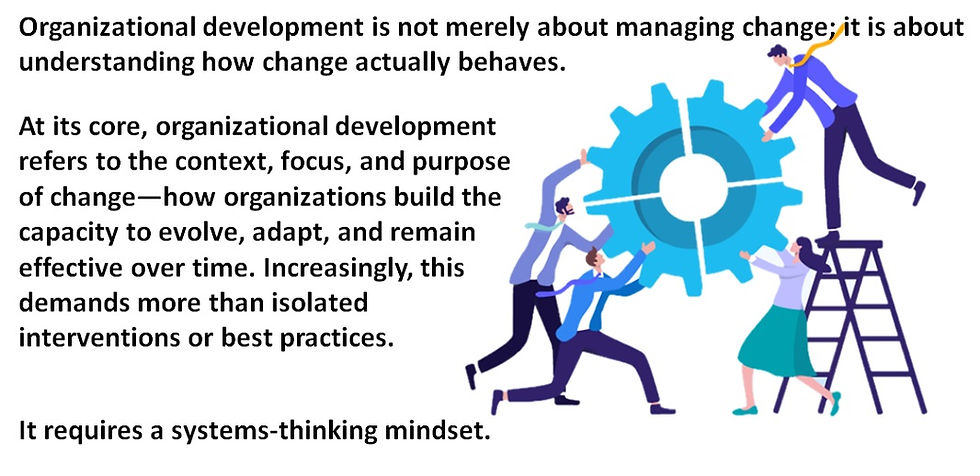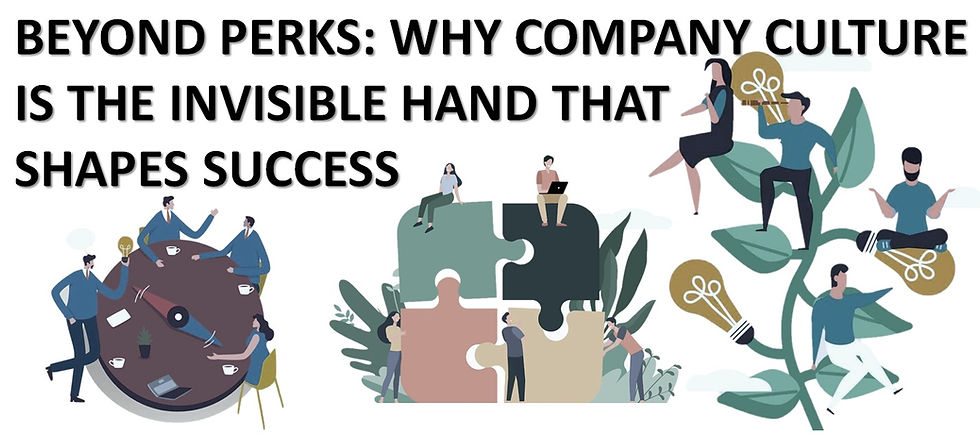LESSONS IN LEADERSHIP BEHAVIOUR FROM BOXING–FIRST ROUND (PART 01)
- shoury01
- Feb 14, 2023
- 4 min read

There are, times when we need a good metaphor to provide a mental frame to navigate the complex dynamics of leadership. Using boxing as a metaphor to understand, prepare and respond to situations can provide a greater level of clarity, and maybe even a little solace. Beyond the physical workout and the mental benefits of strenuous exercise, there are several lessons we can pick up from the sport of boxing.
As in boxing, leadership is fraught with sudden surprises, some of which, if not anticipated, can deliver a hard blow. When negotiating, leaders must achieve a complex balance between the myriad interests of multiple parties. It’s a continuous give-and-take of compromise, shared values and, hopefully, win-win agreements.
↘ Master the fundamentals.
In boxing, the four basic punches are the jab, straight, uppercut and hook. Every boxer will throw thousands and thousands of them in an attempt at mastery. After one -- or 100 -- matches, they know that to grow as fighters and maintain their edge, they must continually sharpen these skills. Business professionals too often take for granted that they're correctly executing the fundamentals without consistent honing. What are the four basic punches of your job? How can you work to improve each of them?
↘ Have a game plan, and adjust when necessary All successful boxing matches—just like strategic plans and annual goals—necessitate thoughtful and focused planning. Skilful planning requires flexibility. Know that the opponent has a plan and think through what their approach might be before heading into the ring. Leadership, like boxing, needs a solid game plan, especially when facing unexpected blows that may knock us off our feet. We will get hit, because leadership is a contact sport. Have a fight plan for the work we need to complete, create an approach that works and be diligent in the fight.
↘ You need a great Cornerman (or woman).
In combat sports like boxing, the Cornerman’s job is to coach, encourage, guide, and support a boxer through the duration of a fight. This person is not in the ring fighting alongside the boxer, but instead standing just outside the ring helping the fighter to navigate toward success. In business, a great Cornerman helps us uncover our blind spots, discover new opportunities , and helps us identify and protect against our weaknesses. This is the person who always shoots straight with us, no matter the situation. The person we can rely on to always give us the guidance we need to be successful.

↘ Be on guard.
A boxing catchphrase "protect yourself at all times" offers simple but powerful advice for all pursuits in life. What are our vulnerabilities as a leader? Are we guarding against letting these limitations take us out?

↘ Persistence: Giving Up Is Not An Option Success requires constant training. As a boxer, if we are not continually training and developing our skills, our strength, speed, agility, etc., we will never be successful. We may still improve a little, but we will never be a champion. In leadership, if we are not constantly developing our leadership muscles (by reading, listening to podcasts, attending training events, etc.), they will shrivel. We might be able to tackle one or two challenges, but we may not be able to sustain a major change or innovation without having trained for it.

Glory does not come easily for those in the ring or the office. The same focus and dedication is required of successful business leaders looking to keep every “company muscle” in shape. Executives who make time to closely follow day-to-day operations and make themselves available to all employees throughout the organization are much more likely to get the jump on competitors and develop the best defensive and offensive strategies. When we invest the time to be tactical, we are also in touch enough to pull back and be strategic in a real way. ↘ Be Genuine: What Works For Others May Not Work For Us In our efforts to pick up leadership skills, we occasionally seek feedback, compare ourselves to others and watch others to emulate and improve. More times than not, fighters are advised to steer themselves away from judging self against others. A technique or a punch that works for one person might not work for another and vice versa due to differences in reach, height, speed and other variables. This is a great reminder to all: While some universal business truths do exist, we need to be the best versions of ourselves, to land the knockout punch when it really counts.
↘ Conserve Energy Now So We Can Adapt Quickly Later
Novice boxers clench their fists the entire time they are in the ring. The best boxers know that they must keep their fists relaxed and open, not only while moving around the ring (to be relaxed and conserve energy), but also when throwing a punch. Closing their fist just milliseconds before impact generates the most power while conserving the most energy. Similarly, leaders need to remain open to pivots, alternative truths about customer segmentation, marketing channels, pricing sensitivity, etc. Doing so extends the runway in which the founder can learn, evaluate previous hypotheses, and adapt accordingly.

Can you take a hit? Leadership can be a brawl. The true champion doesn’t fall to the canvas and curl up in a ball. Rather, a champ takes a moment to cover up, sometimes leaning against the ropes, and then looks for the opportunity to get back. No matter how well trained, how prepared, and how physically and mentally superior a fighter is, there will come a time when they get knocked down. But what fighters know at a deeper, more visceral level, is that they need to get back up and into the fight.

The same holds true for leadership. No matter how smart, how strategic, how prepared we are as a leader, at some point we are going to get knocked down. A major client will fire us. A key employee will leave our team. We will make a big mistake personally. We will get knocked down. What is important to the people we lead, our clients, and the other leaders we partner with (and to us) is that when we get knocked down, we take a minute to dust ourselves off, and then we get right back in the fight. Our ability to be resilient in the face of adversity is the key to our leadership success.
***To be continued – Chapter 02
Content Curated By: Dr Shoury Kuttappa






Comments